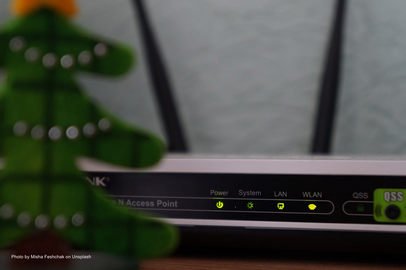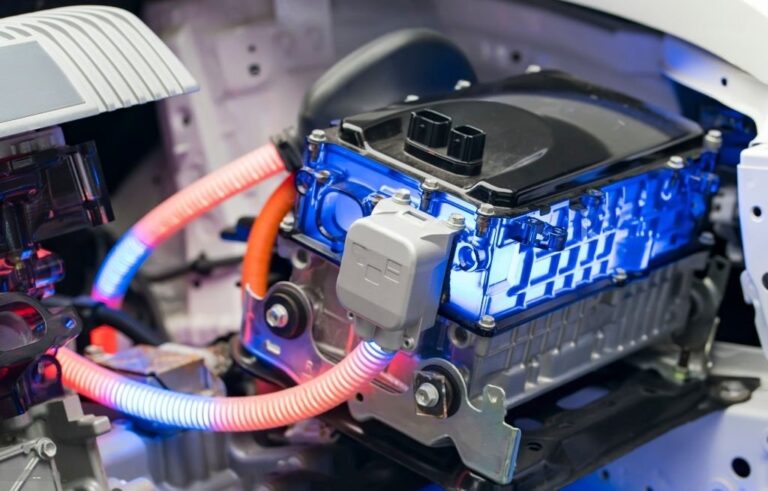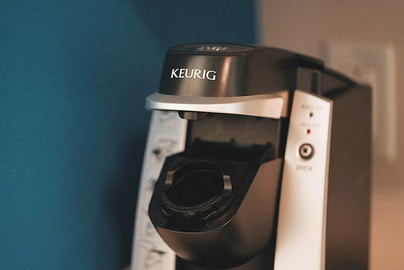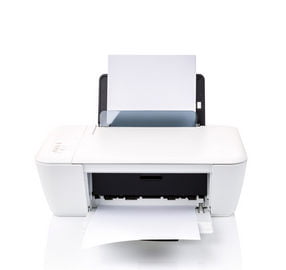A QUICK GLANCE…
ZeroWater filters’ lifespan varies depending on the quality of your water and how much you use the filter, but typically, they last for about 15 to 30 gallons. If your water contains high levels of total dissolved solids (TDS), the filter might need replacement sooner. Always monitor the TDS meter that comes with your ZeroWater system; when it reads 006 or higher, it’s time to replace your filter to ensure you continue to receive purified, clean water.

As a household that values clean and safe drinking water, we invest in water filtration systems to ensure that our tap water is free from harmful contaminants. One popular filtration system that we have come across is ZeroWater. But how long do ZeroWater filters last?
This is a question that we often hear from friends and family who are considering investing in this particular brand of water filter. ZeroWater filters are known for their ability to remove almost all dissolved solids from tap water, making it one of the most effective water filtration systems in the market.
However, just like any other water filter, the lifespan of a ZeroWater filter is affected by various factors. In this article, we will explore these factors and provide tips on how to extend the life of your ZeroWater filter. Additionally, we will compare ZeroWater filters to other brands to give you a better understanding of how long you can expect your filter to last.
Understanding ZeroWater Filters
So, you’re probably wondering how these bad boys work to keep your water tasting fresh and clean. Well, let me tell you, it all starts with understanding filtration.
ZeroWater filters use a patented 5-stage filtration system that removes virtually all dissolved solids from tap water. This includes everything from chlorine and fluoride to lead and mercury. In fact, ZeroWater filters are the only filters that meet the FDA’s definition of purified bottled water.
To understand why this is important, we need to talk about water purity standards. The Environmental Protection Agency (EPA) has set a maximum contaminant level (MCL) for various contaminants in drinking water. However, even if your tap water meets these standards, it may still contain trace amounts of contaminants that can affect the taste and smell of your water.
ZeroWater filters take it a step further by removing virtually all dissolved solids, resulting in water that is not only safe to drink but also tastes and smells better.
So, the next time you’re filling up your ZeroWater pitcher, remember that it’s not just any old filter. It’s a filter that uses advanced technology to remove virtually all dissolved solids from your tap water, resulting in water that meets the highest purity standards and tastes great too.
Factors that Affect Filter Lifespan
You may be interested to know that the lifespan of your ZeroWater filter can be influenced by various factors.
One of these factors is the frequency at which you clean your filter. The more frequently you clean your filter, the longer it will last. This is because cleaning your filter helps to remove any buildup of contaminants and minerals that can clog up the filter, reducing its effectiveness over time.
Another factor that can affect the lifespan of your ZeroWater filter is the quality of your water. If your water is particularly hard or contains high levels of contaminants, your filter will have to work harder to remove these impurities. This can lead to a shorter lifespan for your filter, as it will become clogged more quickly.
To ensure that your filter lasts as long as possible, it’s important to test your water regularly and replace your filter when necessary.
Overall, there are a number of factors that can affect the lifespan of your ZeroWater filter. By cleaning your filter frequently and monitoring the quality of your water, you can maximize the lifespan of your filter and ensure that it continues to provide you with clean, fresh-tasting water for as long as possible.
So, if you want to get the most out of your ZeroWater filter, make sure to take these factors into account and take good care of your filter.
How to Extend the Life of Your ZeroWater Filter
Want to keep your water tasting pure and fresh for even longer? Here are some tips to help you extend the lifespan of your ZeroWater filter. Not only will this save you money in the long run, but it’ll also reduce your carbon footprint by not having to replace your filter as often.
- Regular cleaning routines: Make sure to clean your filter and pitcher regularly to prevent buildup and clogging. We recommend cleaning your pitcher and filter every time you replace the filter, or at least once a month.
- Use a soft sponge and dish soap to gently scrub the filter and pitcher, then rinse thoroughly with water.
- Monitor water hardness levels: Hard water can shorten the lifespan of your filter, so it’s important to keep an eye on your water’s hardness level. If your water is very hard, consider using a water softener or pre-filter to reduce the mineral content before it reaches your ZeroWater filter.
- Store your filter properly: To prevent bacteria and mold growth, make sure to store your filter in a clean, dry place. Do not store it in a sealed container or in direct sunlight, as this can also affect its lifespan.
By following these simple tips, you can extend the lifespan of your ZeroWater filter and enjoy clean, fresh-tasting water for even longer. Remember to clean your filter and pitcher regularly, monitor your water hardness levels, and store your filter properly. This will not only save you money but also help reduce waste and promote a healthier environment.
Signs that Your ZeroWater Filter Needs Replacing
If you’re wondering when it’s time to replace your ZeroWater filter, look for these signs that it’s not filtering water as effectively as it should be. As we discussed in our previous subtopic, extending the life of your ZeroWater filter is important, but eventually, it will need to be replaced. One of the most noticeable signs is a strange taste in your water. If your water tastes different than usual or has a noticeable odor, it’s likely time to replace your filter.
Another sign that your ZeroWater filter needs replacing is a slow flow of water. If you’re used to a steady stream of water from your faucet, but it’s now taking longer than usual to fill a glass, it’s a sign that your filter needs to be replaced. The chart below shows the expected lifespan of your ZeroWater filter based on the number of gallons filtered. Be sure to keep track of how much water you’re filtering, so you can anticipate when it’s time to replace your filter.
When it’s time to replace your ZeroWater filter, it’s important to know how to recycle it properly. The chart below provides instructions on how to recycle your filter. Recycling your filter helps reduce waste and ensures that the plastic components are reused properly. By following these steps, you can manage the lifecycle of your ZeroWater filter in an environmentally responsible way.
| Gallons Filtered | Filter Lifespan | Recycling Instructions |
|---|---|---|
| 10 | 15-20 days | Place in regular trash |
| 20 | 20-30 days | Place in regular trash |
| 30 | 25-35 days | Place in regular trash |
| 40 | 30-40 days | Place in recycling bin |
| 50 | 35-45 days | Place in recycling bin |
Comparing ZeroWater Filters to Other Brands
When comparing ZeroWater filters to other brands, it’s important to consider factors like effectiveness and cost.
Many people are familiar with Brita filters, which are widely available and often less expensive than ZeroWater filters. However, when it comes to filtration efficiency, ZeroWater filters are superior.
While Brita filters remove some contaminants, they don’t remove as many as ZeroWater filters do. This is because ZeroWater filters use a five-stage filtration process, while Brita filters use a single-stage process.
Another factor to consider when comparing ZeroWater filters to other brands is the price. While ZeroWater filters are more expensive than some other brands, they last longer and are more effective.
In the long run, this can save you money. For example, a ZeroWater filter may last three to six months, depending on your water quality and usage, while a Brita filter may only last one to two months.
Understanding the impact of water quality on filter longevity is important, as water with higher levels of contaminants may cause the filter to wear out more quickly.
If you’re using a filter from another brand, it’s important to follow maintenance tips to ensure it remains effective for as long as possible.
Some tips include changing the filter on a regular basis, cleaning the filter housing regularly, and using the filter according to the manufacturer’s instructions. By taking good care of your filter, you can ensure that it lasts as long as possible and remains effective at removing contaminants from your water.
Conclusion
Overall, ZeroWater filters are a great investment for anyone looking for a reliable and efficient water filtration system. Their lifespan can vary depending on certain factors, but with proper maintenance and regular replacement, they can last up to several months.
It’s important to pay attention to the signs that your filter needs replacing, such as a decrease in water flow or a change in taste. Compared to other brands, ZeroWater filters stand out for their ability to effectively remove a wide range of contaminants from your water.
So if you’re looking for a high-quality filtration system that will provide you with clean and safe drinking water, a ZeroWater filter may be just what you need.





